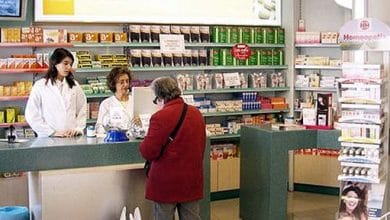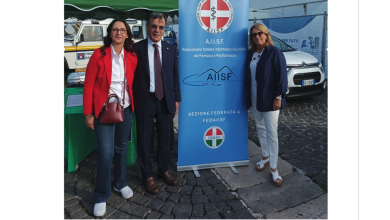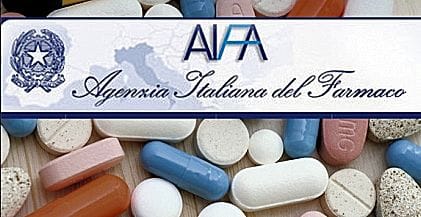
Access to therapies and sustainability: from equivalents and biosimilars precious resources for pharmaceutical innovation
The dissemination of generic and biosimilar medicines is a valuable tool for making therapies available in a timely manner with a significant impact on the lives of patients and on the stability of health systems and to enhance innovation.
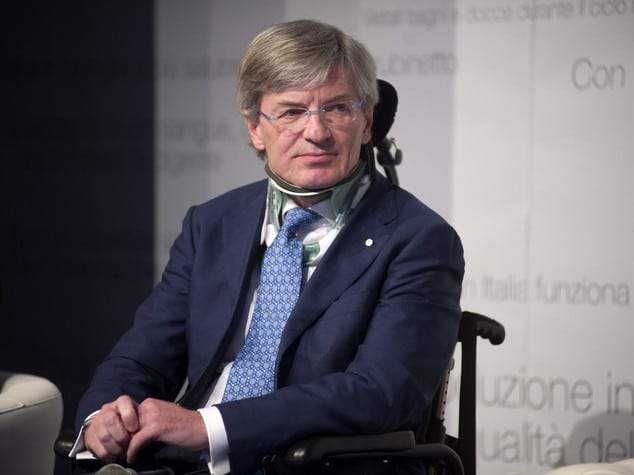 2017 closed the season of "generics" of the most common molecules of chemical synthesis; by 2020, on the other hand, 12 patents for biological medicines will expire. The savings deriving from the use of equivalents and biosimilars in the coming years could reach several billion euros in the European Union.
2017 closed the season of "generics" of the most common molecules of chemical synthesis; by 2020, on the other hand, 12 patents for biological medicines will expire. The savings deriving from the use of equivalents and biosimilars in the coming years could reach several billion euros in the European Union.
However, the generics market is subject to fluctuations which, according to a recent editorial (Generic drugs: are they the future for affordable medicines?) published by The Lancet Oncology, risk producing distorting effects on the entire drug world.
Generic companies, increasingly under pressure to reduce costs, have in fact seen profit margins shrink, and this has generated complications at the production level, which in some cases can lead to lack of interest in keeping a specific product on the market. When a medicine leaves the market, competition decreases and prices tend to rise again.
Generics companies that also produce branded drugs face a further blow when their patents expire, when competitors can develop generic versions. These dynamics push generic manufacturers to apply increases on other drugs. Meanwhile, branded drug companies are acquiring smaller generic drug companies to diversify their portfolios. These mergers still reduce competition, resulting in further price increases.
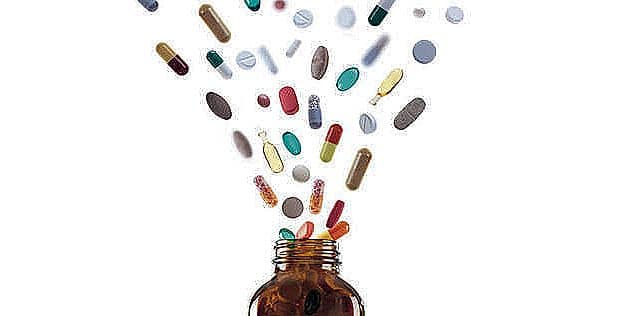 An unstable and vulnerable market to economic forces, therefore, which - according to The Lancet - would require regulatory policies capable of maintaining adequate levels of supply, competition and low prices.
An unstable and vulnerable market to economic forces, therefore, which - according to The Lancet - would require regulatory policies capable of maintaining adequate levels of supply, competition and low prices.
However, even before rethinking policies, I believe it is essential to focus on promoting a real culture of equivalent drug (and biosimilar). In Italy, despite the growing trend in consumption in recent years, the results achieved are not yet optimal. Correct information can ensure that patients are aware that they have medicines available with the same quality, efficacy and safety as the originators, at a lower price, and that healthcare professionals make more and more use of these medicines in daily clinical practice .
On these issues, AIFA is organizing an event for the month of March that will involve the various stakeholders in special thematic tables: patient associations, scientific societies, universities, doctors, representatives of the regions and companies.
In fact, all the players need to be protagonists in this challenge for a health system that is able to guarantee increasingly effective and safe therapies, in conditions of economic sustainability, and promote research and innovation as essential conditions for improving health of citizens.
In fact, the impact of innovative therapies, such as advanced therapies, should be considered not only and above all for their potential direct effects on the quality of life of patients, but also for the indirect savings deriving from the reduction of the burden of chronic diseases and assistance, which free up additional resources to be reintroduced both into the system, to ensure the sustainability of spending, and into the research circuit.
Mario Melazzini



